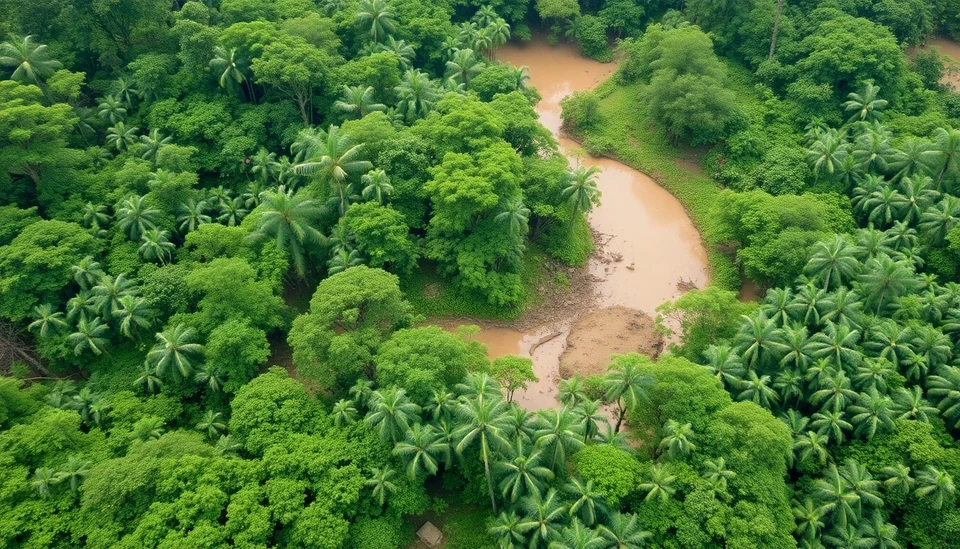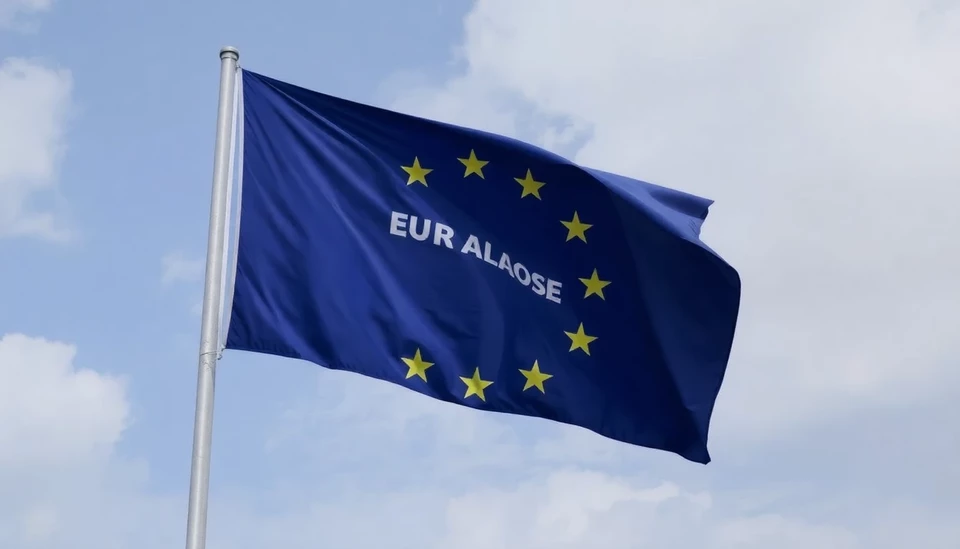
A bold European Union move to stop global deforestation has run into severe difficulties that put at risk the effectiveness of its groundbreaking legislation. The Anti-Deforestation Regulation of the EU, the first in the world, is designed to reduce the level of environmental damage, yet it's plagued by a raft of operational and logistical problems.
Long-heralded, the EUDR is designed to make companies accountable for ensuring their supply chains are not contributing to the destruction of forests around the world. The regulation requires companies selling to the EU to prove their goods are not responsible for deforestation. This includes commodities like palm oil, soy, beef, and cocoa-some of the leading causes of habitat destruction across the world.
The EUDR now faces fierce opposition from the industry, as laudable as the intentions may be. Companies and industry groups representing it in the sector say the regulation is overboard, with compliance burdens being overly weighty. Their general argument lies in the intensive tracing required by the EUDR-that evident evidence of a supply chain free from deforestation should be produced. Companies said this is over-and-above difficult, may excessively inflate operation costs, and makes some products unviable in the EU market.
Besides, another big challenge is in the enforcement of the rule itself. While the EU is trying to put strict monitoring mechanisms in place, questions are very valid as to how efficiently the supply chains of thousands of companies could be audited and verified since access to generally reliable data in countries where the supply chains originate can be so uneven, ensuring compliance would therefore be dauntingly huge.
To most environmentalists, however, the EUDR remains principally a vital step toward global ecological sustainability. Environmentalists do emphasize that trying to control deforestation also requires similarly serious measures, and they are calling on the EU not to give in to the pressure. According to them, the cost to the environment in the long run far outweighs temporary economic impacts on businesses.
In addition to the opposition of industry stakeholders, the geopolitical response also needs to be considered by the EUDR. Countries heavily reliant on the export of these commodities raise their apprehensions about the implication of the regulation in trade relations and economic stability. A few have even insinuated toward possible diplomatic disputes if this regulation affects their market access considerably.
While there is opposition, the EU remains committed to its environmental objectives, arguing that the EUDR is an essential link in the global fight against climate change. The balancing act by regulators now is how to preserve the letter and intent of the regulation while taking care of the valid concerns of the affected parties.
The adaptations that the EU must endure may suggest adoption strategies either staged or supported by more finance to firms for transitioning their activities to greener ones. The upcoming months will be crucial in determining whether the EUDR can overcome these obstacles and set a strong precedent for international environmental policy.
#Deforestation #EUDR #EnvironmentalPolicy #ClimateChange #Sustainability #EuropeanUnion #GlobalForests #SupplyChain
Author: Megan Clarke




